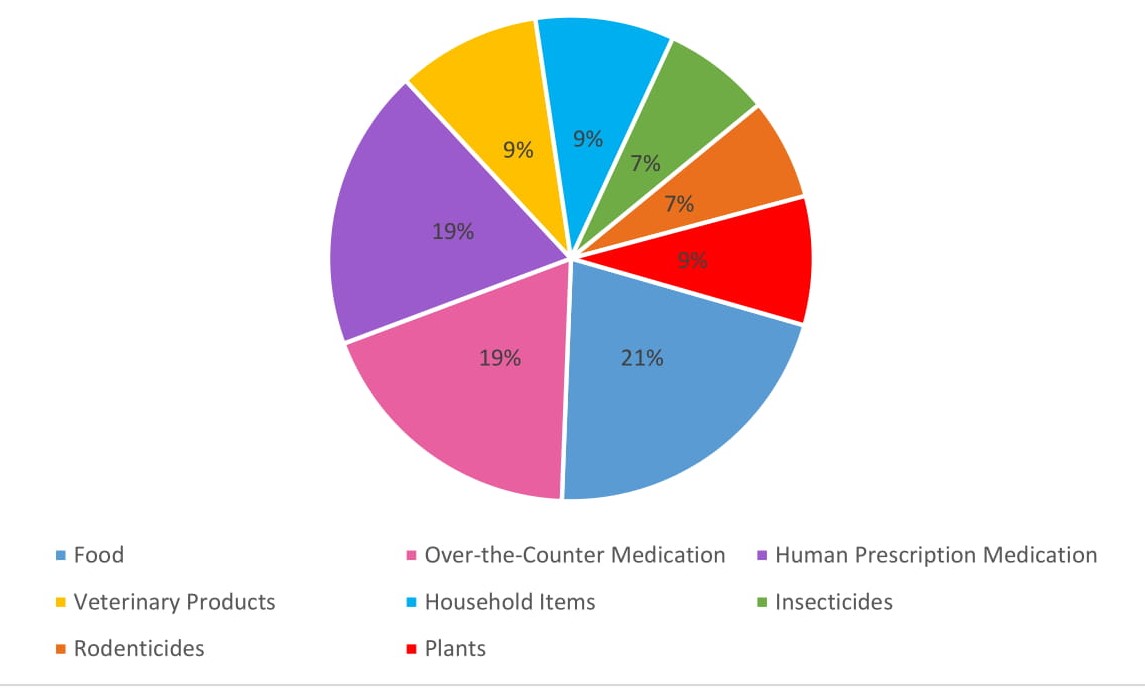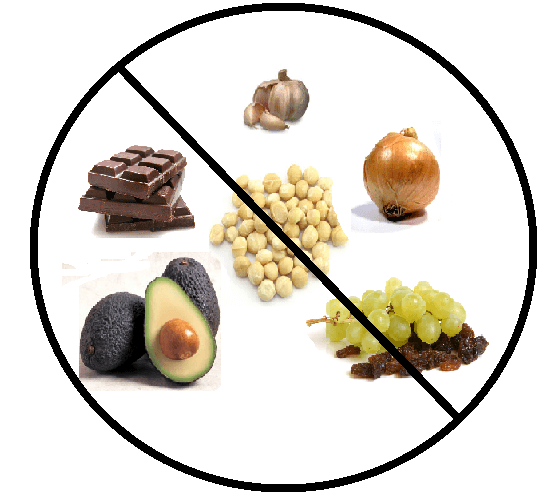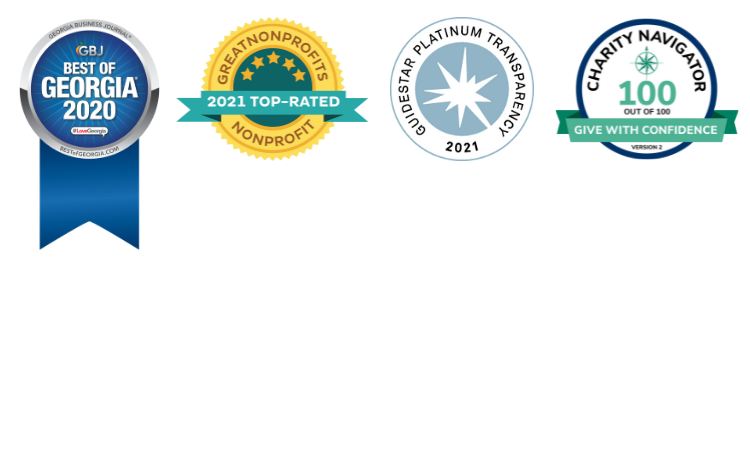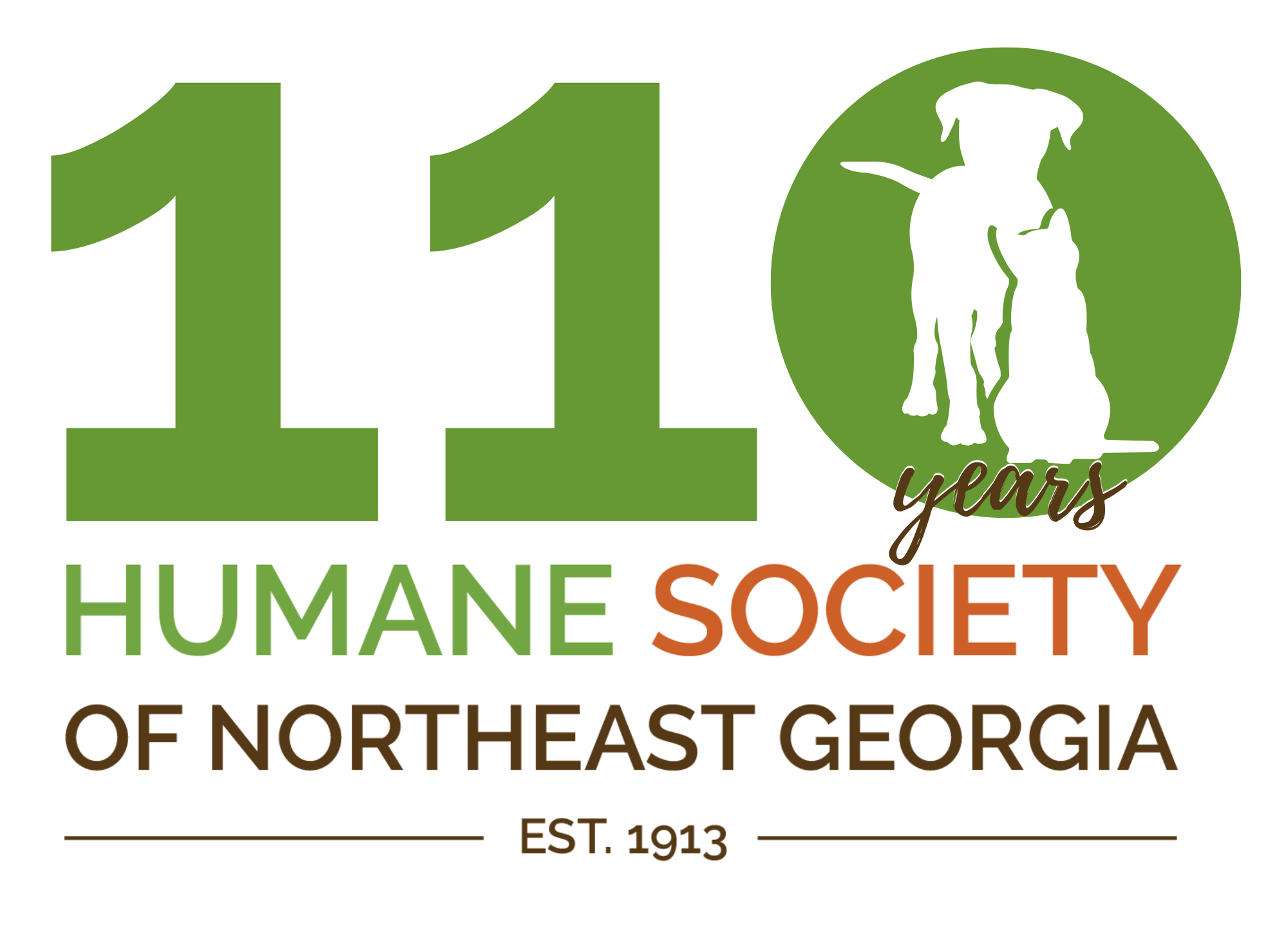National Poison Prevention Week
National Poison Prevention Week
National Poison Prevention Week brings awareness to the many are many household products that can pose a serious danger to our pets.

As a pet parent, you are constantly worried about the health and happiness of your furry kids. Dogs and cats’ curious personalities are part of what makes them such wonderful companions but sometimes their tendency for troublemaking can cause them to get into things they shouldn’t.
Each year, ASPCA screens almost 200,000 cases of potential pet poisons. There are ways to prevent these cases, first and foremost of which is education.


There are many household items humans buy regularly that can pose a serious danger to our pets. When it comes to food, be sure to keep items such as chocolate, avocados, garlic, onions, grapes, raisins, alcohol, raw yeast bread dough, and xylitol (an artificial sweetener found in gum and other items) far away from your pets’ reach. Human medications account for more than 30 percent of pet poison cases. Other household items such as cleaners, pesticides, and air fresheners also can pose a threat to your animals. Be sure to keep these locked.
Another unexpected hazard is household plants. Some plants contain toxins that are harmful to your pet’s digestive and circulatory systems. If you have dogs and/or cats, be sure to stay away from tulips, azaleas, lilies, sago palm, and oleander, all of which can cause sickness or even death to your pets if left untreated.

Pet proofing your house is the best solution to avoid your pets getting into something they shouldn’t. Keep your cleaners and detergent hidden away. Keep dangerous food on the top shelves or cabinets. Keep hazardous plants out of the house.
Questions on what could pose a threat to your pups and cats you can visit ASPCA’s website at (www.ASPCA.org) for a fountain of useful information. If you are ever afraid your pet may have ingested something they shouldn’t have, you can call ASPCA’s Animal Poison Control Center’s 24-hour emergency poison hotline at 1-888-426-4435.
The ASPCA Animal Poison Control Center provides toxicology education, consulting services, a review of case data, and a 24/7 veterinary diagnostic and treatment hotline.
The ASPCA also recommends keeping a first aid kit for your dog and also having a veterinarian handy in case of such emergencies. Visit their website at www.aspca.org/pet-care/animal-poison-control to learn more.
For more pet ownership resources click HERE.
Give with Confidence
At HSNEGA, we want to remember the amazing rescues that come to stay with us. All of the animals pictured on this site have been with us at some point. Some have already found their forever homes, but some may still be here at HSNEGA! The Humane Society of Northeast Georgia is a 501(c) (3) non-profit organization (Federal Tax ID #58-0678817) and has received top recognition from the following charity rating organizations:

